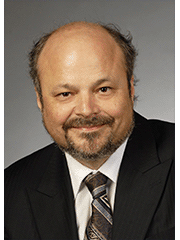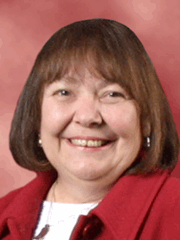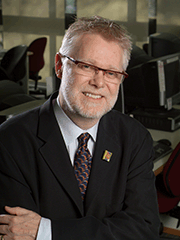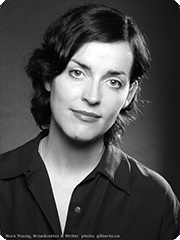Portals, Pathways, and Peoples is planned as a one-day event on Thursday, 11 February, 2010 running from 8:00 a.m. to 6:00 p.m. It will include three keynote speakers, smaller session presentations, panel discussions, student poster presentations, and a technology showcase. In addition, there will be an opportunity for sponsoring and related organizations to present their products and services in an exhibit format during the mid-day break. There will also be parallel sessions between the plenary addresses to offer talks of interest to a broader audience.
Location
McInnes Room, Student Union Building
6136 University Ave
Dalhousie University (Studley Campus)
Halifax, NS
Timetable
Please note: Due to unforeseen circumstances, David Fraser will be unable to attend this year.
| 8:00–9:00 AM | Registration Coffee and snacks |
| 9:00–9:15 AM | Welcome
|
| 9:15–10:30 AM | Keynote Address
|
| 10:30–10:50 AM | Break |
| 10:50 AM–12:15 PM | Panel Discussion: Privacy in the Digital Age
|
| 12:15–1:30 PM |
Lunch (catered by Sodexho) Student Poster Session |
| 1:30–3:00 PM | Parallel Sessions
|
| 3:00–3:30 PM | Break |
| 3:30–4:45 PM | Keynote Address
|
| 4:45–5:00 PM | Closing Remarks
|
| 5:00 PM | Reception |
Presentation Descriptions
Dr. Daniel J. Caron 
21st Century Challenges for Memory Institutions
Dr. Caron will begin by providing some reflections and observations upon the role of memory institutions in democratic societies over time. If 'collective memory' is normally understood largely as a 'cultural good', its function extends to cover a broad range of purposes, intentions and contributions. For example, collective memory plays a central role in supporting literacy as the capacity to read – through books – but also socio-historical literacy establishing the capacity for us to understand our roots and founding principles. It is both a fundamental source of evidence and a critical policy instrument for governments. It also represents an indispensable corpus of documents for historians and others who rely on the material identified and preserved by memory institutions to trace and arcticulate the evolution of groups, communities and the socio-political fabric of nations and countries. Turning to the contemporary context, the presentation will subsequently focus on two major consequences of the new digital environment: the transition of traditional supports and the creation of new information infrastructure through technology (both old and new media) but also – and more importantly for memory institutions – the corresponding transformation of social behaviours and practices. Dr. Caron will then present what he considers to be the most important impacts and implications of this transformation for those that play a central role in the creation, capture and use of 'collective memory'. The conclusion will identify key areas where people may be asked to contribute in different ways over the coming years as a consequence of an inexorable and irreversible shift to digital information and networks.
Judith Hare 
Design Challenges For A New Halifax Central Library
Across North America and internationally, there has been a renaissance in Central Library construction. Despite predictions that the internet rendered public libraries obsolete and that the book is a dead technology, public libraries attract more people than ever before. New buildings are statements of civic pride, cohesive forces within communities and destinations where people choose to congregate. Judith Hare will discuss how libraries have reinvented themselves and their mission, remaining relevant as communities change. She will detail the challenges that Central Library design poses and, in particular, the need to design a building for the future when that future cannot clearly be predicted.
Michael Ridley 
Reinventing the Research Library: Reorganizing for Cultural Change, Community Need, and Institutional Impact
Following a two year journey of learning, discovery, and analysis, the Library at the University of Guelph has completely changed how it is organized, and how it will respond to the needs of its users and the aspirations of the University. Liaison librarians are out; functional teams are in. Low value services are gone; scary new pilot services are being invented. Both commitment and anxiety are high. No mere moving of deck chairs here, this was an adventure in cultural change that is both grassroots and decidedly strategic. Fundamentally we tried to address the question: what is the new relationship between a research library and its users?
Nora Young 
Webs, Meshes, Forests and Trees: Toward a New Ecology of Information
Nora Young draws on some of the experiences and stories from Spark, her CBC show about technology and culture, in order to explore how media are evolving in the new 'ecology' of information. She will sketch out some of the opportunities and challenges for those who hope to make information accessible, reliable, and meaningful in the years ahead.
